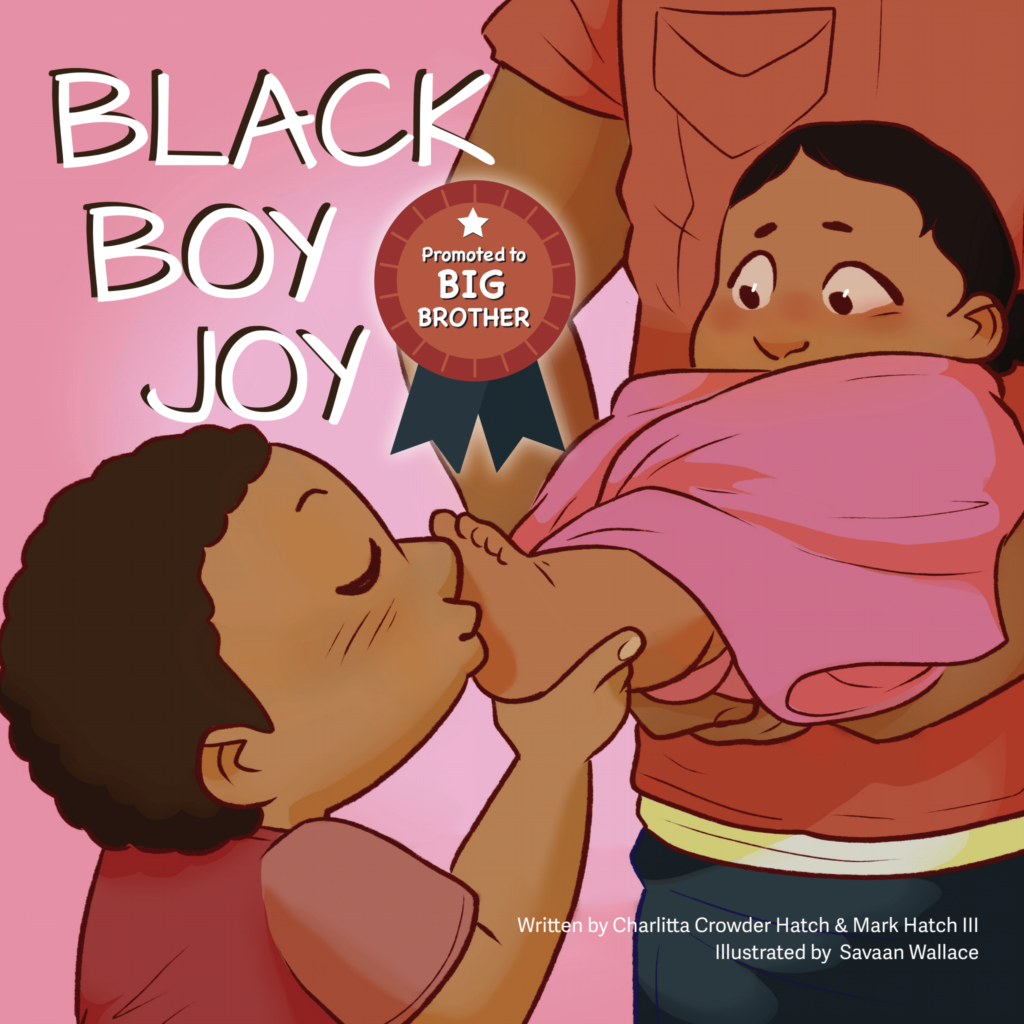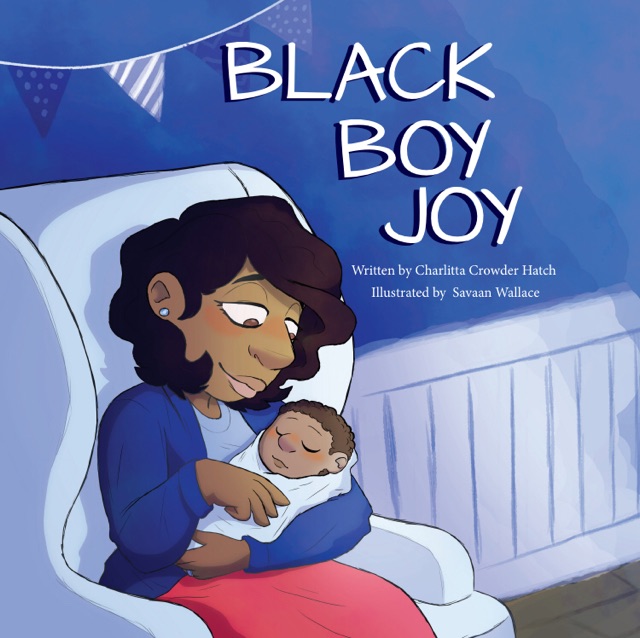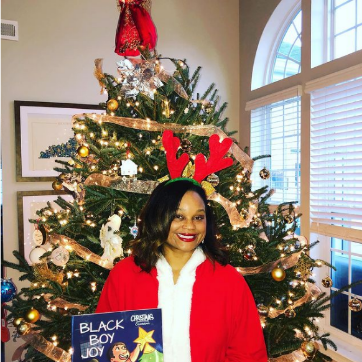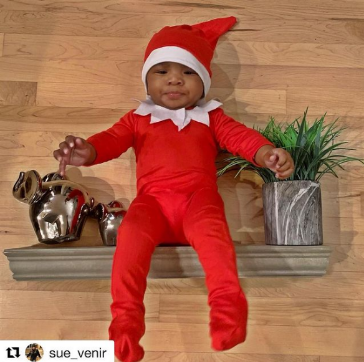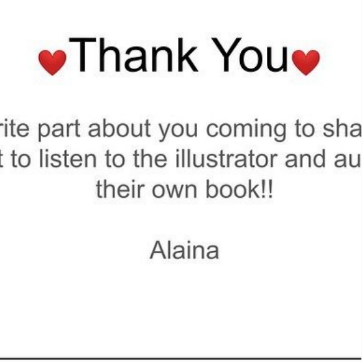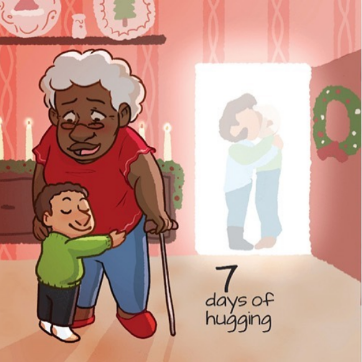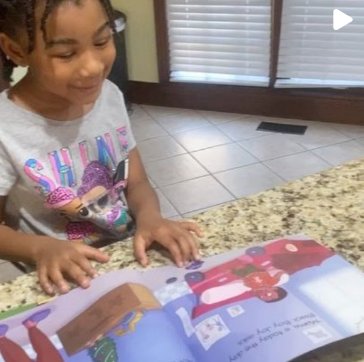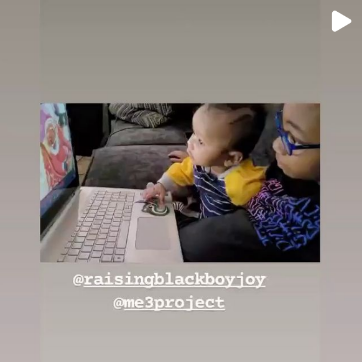Celebrating Our Differences
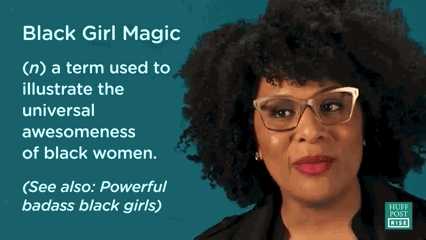
Diversity is being invited to the party and Inclusion is being asked to dance.
Our in-house Diversity and Inclusion expert, Nasiya Acklen shares with us ways to build inclusive homes and communities.
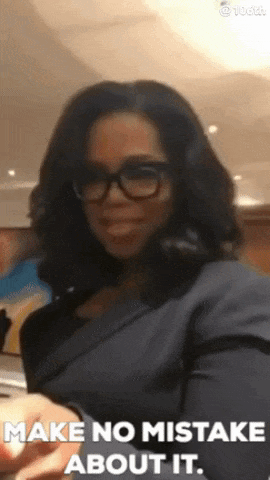 Last week at work, I was listening to a story about a white male employee being asked if he had witnessed any racism in the workplace. His response to the Human Resources department was that the Employee Resource Group (ERG) for black employees was racist. He said that the racism was blatantly evident in the name and that if he started a group called the ‘White Employee Success Team’ (WEST) then everyone would agree that it was racist. He went on to finish his thought explaining that if it were allowed, then he would create it. What I find most interesting about this story, is that it is a shared view from many employees across at a lot of different companies. I have heard this sentiment one way or another, often brought up lightly in passing conversations. I even recall a white woman on my team in Corporate America asking me why I decided to attend a Historically Black College or University (HBCU) my first year after undergrad. I can understand their opinion and see why so many would question these entities in their opinions.
Last week at work, I was listening to a story about a white male employee being asked if he had witnessed any racism in the workplace. His response to the Human Resources department was that the Employee Resource Group (ERG) for black employees was racist. He said that the racism was blatantly evident in the name and that if he started a group called the ‘White Employee Success Team’ (WEST) then everyone would agree that it was racist. He went on to finish his thought explaining that if it were allowed, then he would create it. What I find most interesting about this story, is that it is a shared view from many employees across at a lot of different companies. I have heard this sentiment one way or another, often brought up lightly in passing conversations. I even recall a white woman on my team in Corporate America asking me why I decided to attend a Historically Black College or University (HBCU) my first year after undergrad. I can understand their opinion and see why so many would question these entities in their opinions.
Note: the “HBCU question” is so much easier to answer considering foremost when many of these institutions were founded, other universities were not accepting black students for admittance. This and the glory of HBCUs can be the subject of another post.
If you were on the outside looking in, it would seem like you were being ‘excluded’, judging by the name alone. Inherently, most people do not like to be ignored or left out: Not left out of groups, conversations, or events. So if you are not black, in this particular example, then you don’t belong as part of this group – even if the members say you are welcome to attend activities. Now, this seems pretty embolden to list a particular race in the title of a group during a time when we are still attempting to navigate cultural sensitivity in schools and in the workplace (not necessarily the country or in politics at the moment). For those that may not fully understand my comments just yet, allow me to illustrate further. Let’s actually imagine that a workplace allowed a group called WEST or the White Employee Success Team to exist. The purpose of WEST is to promote the interest and development of the white employees at the company. How would that make you feel? Frankly, I would be confused and angry – at least initially. Would you feel excluded? Would you be concerned (possibly a little nervous) about what’s being discussed? Would you think it was unfair?
Now if your response started down a path of “but they don’t need it because….” then you may be considering the intent of the organization versus the perception of the organization. We have all heard the quote before that ‘perception is reality’. The intent of these groups can be positive, but the perception to someone feeling excluded can be negative. Intent is the purpose or rationale behind a particular action. But intent can be missed and something else can be totally perceived from said action. Even if they are enlightened on the mission and vision, then the question becomes can we not achieve more together then we can separately? Moreover, employees show up to work and no one usually explains to non-participants the mission, origin, or necessity for these groups. So the non-participants are left for their mind to draw any conclusions that can be borne out of the darkness of the unknown. I’m personally a huge advocate for ERGs, and even though I may not agree with these sentiments, at a minimum, I completely understand why someone not participating could impose a negative disposition towards them (Remember the 90 day challenge from the last post; the goal is to understand a different point of view – not necessarily agree).
If you are a non-minority and you’re reading this blog, I am sure by now you have seen the hashtag #BlackBoyJoy written somewhere. Or if you have a diverse network on social media, then perhaps you have seen the hashtag #BlackGirlMagic listed under a few pictures, selfies, or celebrity icons such as Oprah, Beyoncé, Simone Biles, or Michelle Obama. These may or may not feel as offensive because they are listed on someone’s personal page and you can keep scrolling, but they largely represent the same positive intent as ERGs or anything else that you are seeing with Black so prominently displayed in the tagline. You might be wondering what you as someone who isn’t black can garner from this platform.
They are not created with the intent to be offensive or exclusive, but instead they are meant to represent our cultural pride and celebrate what makes us different. They allow us an opportunity to come together on the foundation of our dreams they were once told to us to be unachievable. They allow us to cast a positive light on aspects of our race that traditionally the media and society have mischaracterized or misunderstood such as the intensity of a strong black woman or the innocence of a little black boy. When you are in smaller number, it can feel as though your uniqueness is at risk of being washed out by the sheer law of numbers; so it is an opportunity to celebrate who you are and what you’re interested in. It is an opportunity to bond with like-minded individuals that may share in your concerns and perspective, and these hashtags or titles are just the wine that brought us to the table.
There is nothing wrong with gravitating toward people that are similar to you, the issue arises when we only surround ourselves within these echo chambers. Reading these blogs or posts with the hashtag #BlackBoyJoy, may be just that…an opportunity to come out of an echo chamber. When we do, we may further understand one another and appreciate what makes us different; and more importantly, we may discover all that we share in common. Hopefully you will celebrate with us, together we can go much further.
“My mission in life is not merely to survive, but to thrive; and to do so with some passion, some compassion, some humor, and some style.” – Maya Angelou
#Blackboyjoy Discussion Starters:
- How do you react to being excluded?
- How do you feel when you see the hashtag #blackboyjoy?
If there are particular diversity and or inclusion topics of interest that you would like to see a blog posting, please let us know.
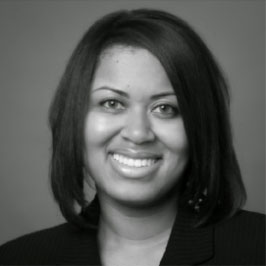 Nasiya Acklen
Nasiya Acklen
Nasiya Acklen is a native of Nashville, TN. She matriculated at Hampton University for her undergraduate degree and received her MBA from Cornell University. Nasiya is currently a Human Resources professional at a Fortune 500 company and has a burning passion for being a change agent, particularly in the realm of Diversity & Inclusion. Nasiya has adopted Maya Angelou’s quote as a personal mantra: My mission in life is not merely to survive, but to thrive; and to do so with some passion, some compassion, some humor, and some style.

